Unable to sell as cheaply as China and receive incentives like in the US, European solar power equipment manufacturers are closing down one after another.
With 500 employees, the factory in Freiberg (Germany) of the solar energy equipment company Meyer Burger (Switzerland) closed in mid-March, after failed negotiations with the German government on rescue measures.
The German economy ministry said earlier it was aware of the companies' "very serious situation" and had been considering funding options for more than a year. It agreed to give Meyer Burger export subsidies that would keep its nearby plant running but not its Freiberg facility.
In Dresden, solar technology company Solarwatt has six to nine months of panel inventory, up from about six weeks ago. It laid off 10% of its staff last year and is running at a third of its production capacity. “This industry is important for the future, we can’t afford to lose all our capacity,” CEO Detlef Neuhaus said.
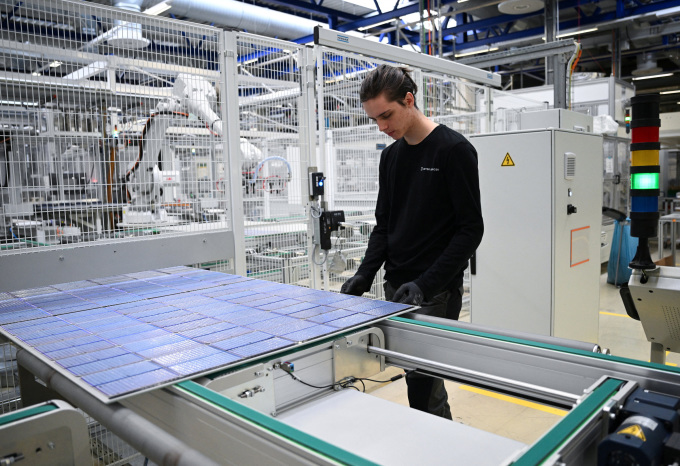
Trainee Max Lange stands next to a solar panel rolling off the assembly line at the Meyer Burger factory in Freiberg, Germany, March 12. Photo: Reuters
At least 10 renewable energy plants in Europe have closed or relocated over the past year due to financial difficulties, according to Reuters . The closures have reduced Europe's solar panel output by 10%, despite a boom in wind and solar power in the region.
Renewable energy capacity, including solar, is growing at a record pace, according to the International Energy Agency. But local manufacturers are being squeezed by panels imported from China and the US.
To find a way to survive, European producers are "migrating" to the US, where the Deinflation Act of 2022 allows some renewable energy producers and project developers to enjoy tax incentives.
Meyer Burger plans to build a solar panel factory in Arizona and a solar cell factory in Colorado. “We are taking this bold step when there is no support in Europe,” said CEO Gunter Erfurt.
Similarly, battery company Freyr is halting construction on a half-finished factory near the Arctic Circle (Norway) and focusing on plans to build in the US state of Georgia. In February, it changed its business registration from Luxembourg to the US.
CEO Freyr Birger Steen said they spent a lot of time considering whether moving to the US was a mistake. Ultimately, they concluded they had to leave because Norway would not provide any policy support.
Meanwhile, Norway's Ministry of Trade and Industry said it has introduced an industrial policy framework targeting energy transition technologies but does not directly address issues of financial support for companies.
At a meeting on April 16, the European Solar Power Industry Association (Solar Power Europe) launched a voluntary charter for governments and companies to sign to support solar panel factories.
The charter urges solar panel buyers to use domestically produced products, but is not mandatory. Michael Bloss, a member of the European Parliament, launched a petition earlier this month calling for a bailout for solar panel manufacturers.
He lobbied the European Commission to set up a 200 million euro ($213 million) fund to buy unsold solar panels made in Europe, but received no interest. The European Commission declined to comment. "We are very supportive of building our own solar industry, but we are not taking action," Bloss said.
In February, the European Union adopted the Net Climate Industry Act, a set of measures that includes a target to produce 40% of the region's clean tech needs by 2030.
Last month, the EU also approved Germany to spend nearly $1 billion in capital support for Swedish lithium-ion battery manufacturer Northvolt to build a factory in Germany, after Northvolt threatened to move operations to the US.
It was the first time Europe had used a special measure that allows member states to intervene with capital aid for businesses. But the solution is not being expanded due to political disagreements over how state funds should be used to bail out struggling businesses.
A European Commission spokesman said the German Ministry for Economic Affairs and Climate Affairs found that a Meyer Burger bailout would not be legal because of the lack of market prospects. Potential customers – renewable energy installers heavily reliant on cheap Chinese imports – have also opposed any new subsidies for local producers, saying such moves could harm them.
Additionally, analysts say it’s hard to see the point of supporting companies like Meyer Burger because their manufacturing capacity is so small compared to those in China or the U.S. “They’re so small that they’ll always struggle with volume, not just to compete with Chinese manufacturers but also with U.S. manufacturers,” said Eugen Perger, senior analyst at Research Partners.
If Chinese companies fully implement their announced plans, the country will roll out twice as many solar panels as the world's projected installation demand by 2024, according to consultancy Rystad Energy.
Back in Freiberg, Germany, the recently closed Meyer Burger plant only opened in 2021, having refurbished the factory of a bankrupt solar company. Mayor Sven Krueger confirmed that it was once one of the town’s largest employers.
Max Lange, 19, a trainee at the plant, said this was the second time the German solar industry had been in trouble. "They failed once. If it happens again, I doubt I can pursue a career in the solar industry in Europe because I don't think it will ever recover," he said.
Phien An ( according to Reuters )
Source link



![[Photo] General Secretary To Lam receives United Nations Secretary-General Antonio Guterres](https://vphoto.vietnam.vn/thumb/1200x675/vietnam/resource/IMAGE/2025/10/25/1761379090768_image.jpeg)
![[Photo] President Luong Cuong receives heads of delegations attending the signing ceremony of the Hanoi Convention](https://vphoto.vietnam.vn/thumb/1200x675/vietnam/resource/IMAGE/2025/10/25/1761377309951_ndo_br_1-7006-jpg.webp)

![[Photo] President Luong Cuong and United Nations Secretary-General Antonio Guterres chaired the signing ceremony of the Hanoi Convention.](https://vphoto.vietnam.vn/thumb/1200x675/vietnam/resource/IMAGE/2025/10/25/1761370409249_ndo_br_1-1794-jpg.webp)



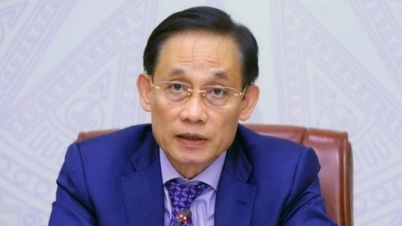





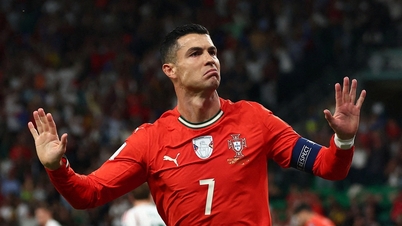
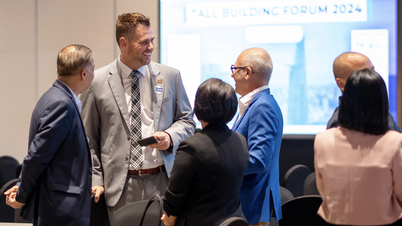




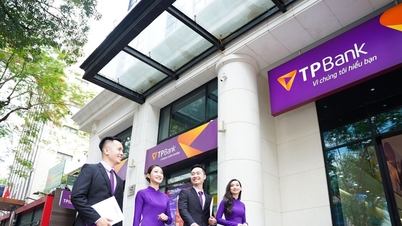

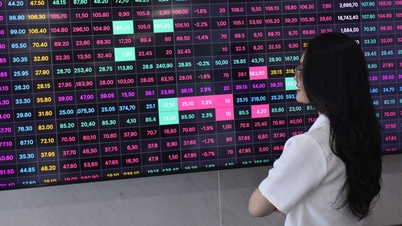



















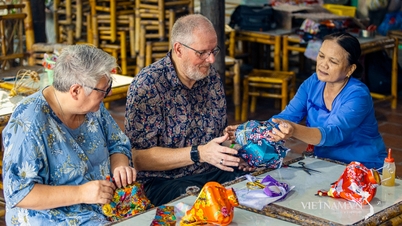









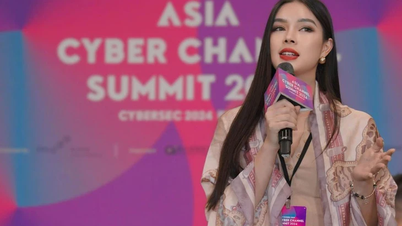















![[Photo] General Secretary To Lam receives United Nations Secretary-General Antonio Guterres](https://vphoto.vietnam.vn/thumb/402x226/vietnam/resource/IMAGE/2025/10/25/1761379090768_image.jpeg)




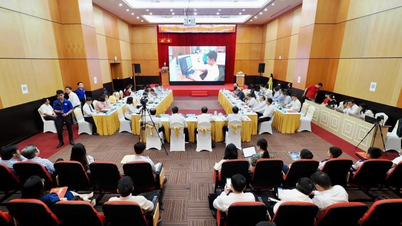
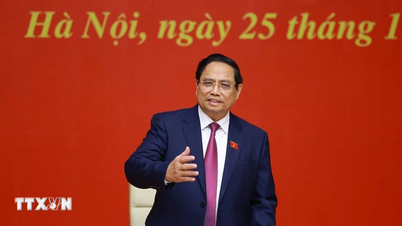


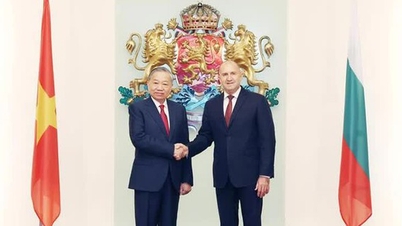

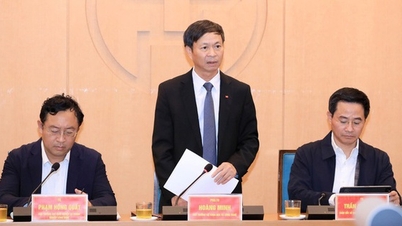

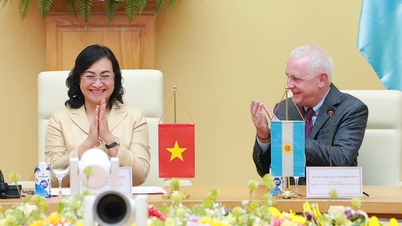



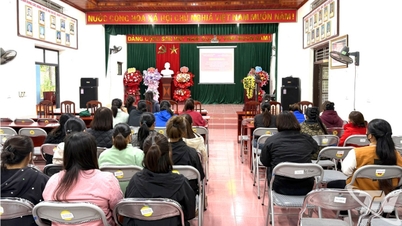

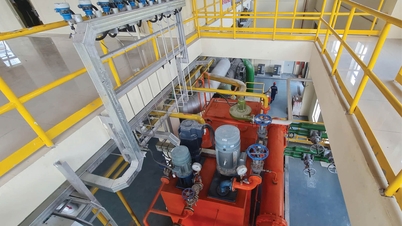





















Comment (0)